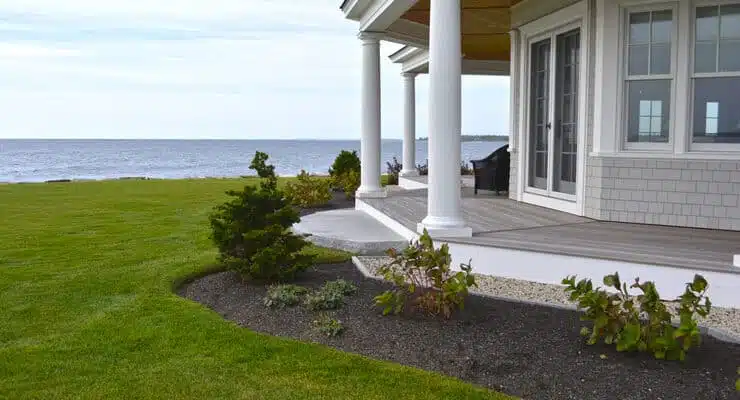Having a house by the coast is the dream of many people, and why wouldn’t it be? A home by the beach offers breathtaking views and a relaxed atmosphere making it the perfect getaway for vacations and family gatherings. But it also comes with its unique challenges.
It is no doubt that maintenance of all types of houses is necessary, but with coastal homes, one has to go the extra mile as the salty air, high humidity, and unpredictable weather can take a toll on your property if you’re not prepared.
So, sail along—whether you’re a new homeowner or a seasoned resident, these essential tips will help you protect your investment and enjoy the coastal lifestyle for years to come.
Benefits of Coastal Home Maintenance
With all the environmental challenges that beachside homes face, it is crucial to take necessary steps to prevent accelerated wear and tear. Persistent maintenance allows homeowners to fully enjoy the benefits of coastal living without the stress of unexpected issues.
This upkeep not only preserves the aesthetic appeal of your house but also increases its market value. Thus, buying a property in Virginia Beach is a good investment, especially if you rent it out for vacations or plan to use it as a retirement home.
Tips for maintenance
Now, let’s dive into some essential tips that can help you reap those benefits:
Check The Exterior
This part of your house is the most exposed to the harsh atmosphere, such as heavy rains, strong winds, and the corrosive impact of sand and sea. Moreover, the fixtures and fitting in such areas are the first to feel the wrath of the beachy elements, so give them a thorough once-over regularly. Make necessary outdoor renovations to decks, patios, and terraces. It’s important to have the correct base materials to prevent mold, broken surfaces, and unaesthetic appeal. Consider consulting with experts like patio constructors around Virginia Beach. It is also a good idea to google ‘’custom deck contractors Springfield’ since Springfield is a city nearby, and many people turn to it for services not accessible in Virginia Beach.
Prevent Mold or Mildew
Depending on the severity of mold, your property can also become inhabitable. Early prevention and detection can save you from this. The moist environment that comes with the coastal location makes your house prone to mold and mildew. To avoid this, regularly inspect your house, especially damp and enclosed areas such as bathrooms and basements. Ensure your home is well-ventilated; regularly open windows, use dehumidifiers and check for leaks or stalled water. Note that due to the high humidity and direct sunlight mold or algae can also grow on the roof and deck of your house, so get them frequently cleaned. Use antifungal cleaners.
Use Weather-Resistant Materials
Coastal weather is unpredictable, so it is better to opt for materials designed to withstand coastal conditions like stainless steel, treated wood, granite, natural stone, and UV-resistant paint. Avoid having iron parts in places such as outdoor stairs, railings, window frames, and fixtures; iron corrodes quickly when exposed to salt and water.
Cleaning and Washing
To protect your property from the elements of nature, give the whole exterior a thorough weekly wash-down to remove any lingering salt buildup that could damage the paint, floors, or furniture. Clean the foggy glass windows to enhance the appeal of your house. In addition to that, getting the floors of your house professionally cleaned twice a year increases the bandwidth of materials. Pressure washing is another considerable option here. It removes the build-up of dirt, dust, and sand that cause discoloration, revealing the true beauty of your property.
HVAC Maintenance
For coastal homes, HVAC systems require some extra maintenance, as salt and moisture wear on your system fast. Over time the filters can collect sand and dust particles, which significantly impacts the indoor air quality. Replace or wash your filters every 6 months to ensure the system operates effectively and efficiently.
Indoor Choices
Weather-resistant wooden furniture is the best option when it comes to furnishing your coastal house. Hardwoods such as oak, birch, and walnut are durable and can resist changing temperatures for a good time. Invest in good quality fabric as well to go with the furniture. Too much sunlight can fade fabrics over time. Performance fabrics could be your ideal choice here.
Conclusion
To keep your house in its best look, it is important that you invest in the right maintenance. By adopting these maintenance practices, you are simultaneously increasing the lifespan and market value of your property. While all homes require attention and care, coastal homes can be a bit more challenging. It can make a great difference if you get professional and expert advice.
Consistency is also the key here; keep up with regular upkeep, and your coastal home will remain in good condition through any weather.

















